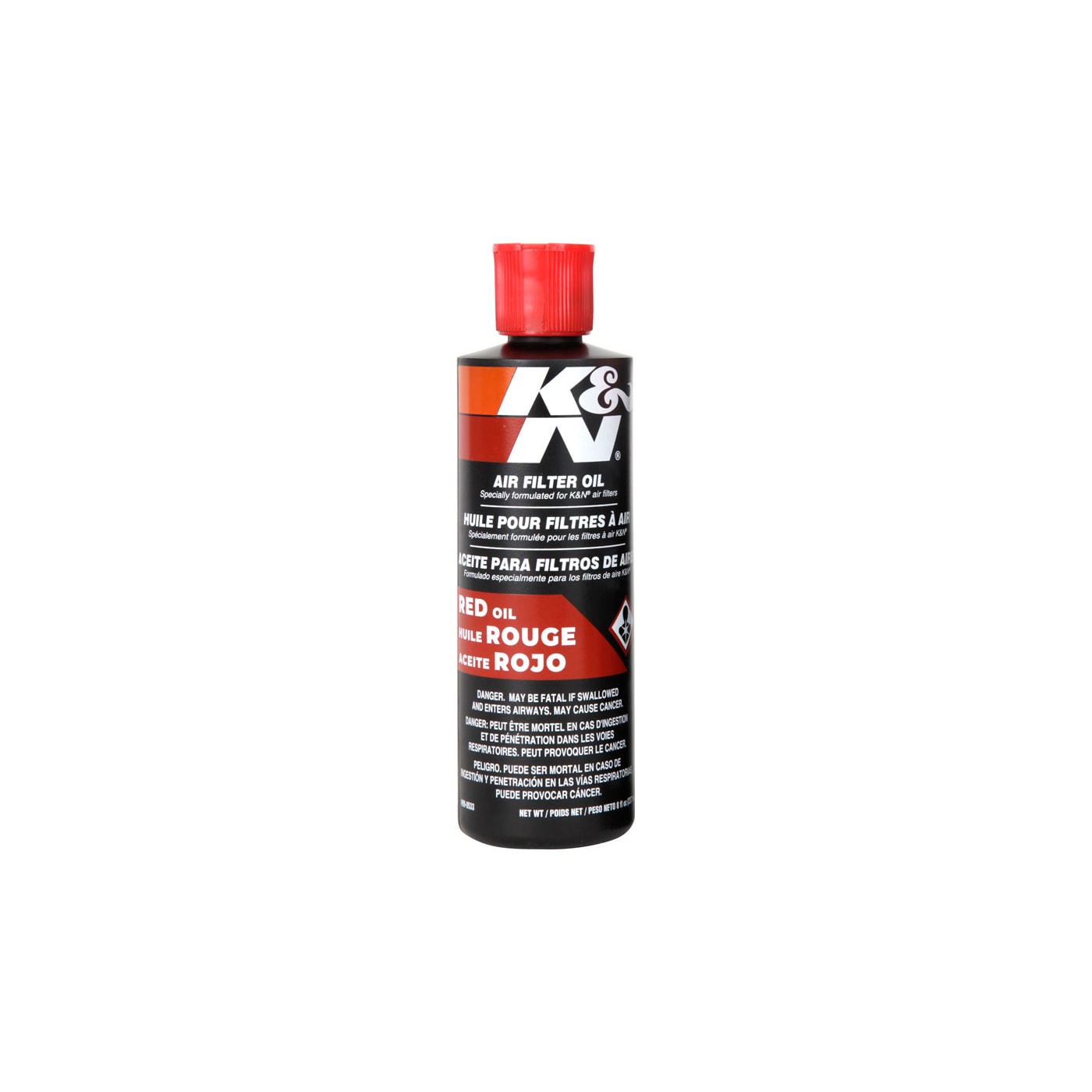

Researchers found that taking vitamin E supplements of 400 IU every other day, alone or with vitamin C, failed to offer any protection against heart attacks, strokes, or cardiovascular deaths.
K AND N OIL TRIAL
Discouraging results have also come from the Physicians’ Health Study II, an eight-year randomized controlled trial that involved nearly 15,000 middle-aged men, most of whom were free of heart disease at the start of the study. The SU.VI.MAX randomized controlled trial found that seven years of low-dose vitamin E supplementation (as part of a daily antioxidant pill) reduced the risk of cancer and the risk of dying from any cause in men, but did not show these beneficial effects in women the supplements did not offer any protection against heart disease in men or women.

But there was some encouraging news in the findings: When these major cardiac events were analyzed separately, vitamin E supplementation was linked to a 24% lower risk of cardiovascular death. Randomized controlled trials: In the Women’s Health Study, which followed almost 40,000 healthy women for 10 years, vitamin E supplements of 600 IU taken every other day did not significantly reduce the risk of so-called “major cardiac events” (heart attack, stroke, or cardiovascular death).Observational studies: The Nurses’ Health Study and Health Professionals Follow-Up Study suggested 20-40% reductions in heart disease risk among individuals who took vitamin E supplements (usually containing 400 IU or more) for at least two years.Large observational studies have shown a benefit from vitamin E supplements, whereas controlled clinical trials have produced mixed results. Vitamin E and Healthįor a time, vitamin E supplements looked like an easy way to prevent cardiovascular disease.

Lactating women need slightly more at 19 mg (28 IU) daily. The Recommended Dietary Allowance (RDA) for vitamin E for males and females ages 14 years and older is 15 mg daily (or 22 international units, IU), including women who are pregnant. However, conflicting study results have dimmed some of the promise of using high dose vitamin E to prevent chronic diseases. Vitamin E has the ability to protect cells from free radical damage as well as reduce the production of free radicals in certain situations. Antioxidant vitamins, including vitamin E, came to public attention in the 1980s when scientists began to understand that free radical damage was involved in the early stages of artery-clogging atherosclerosis, and might also contribute to cancer, vision loss, and a host of other chronic conditions. It also enhances immune function and prevents clots from forming in heart arteries. Its main role is to act as an antioxidant, scavenging loose electrons-so-called “free radicals”-that can damage cells. Vitamin E is a fat-soluble vitamin with several forms, but alpha-tocopherol is the only one used by the human body.


 0 kommentar(er)
0 kommentar(er)
